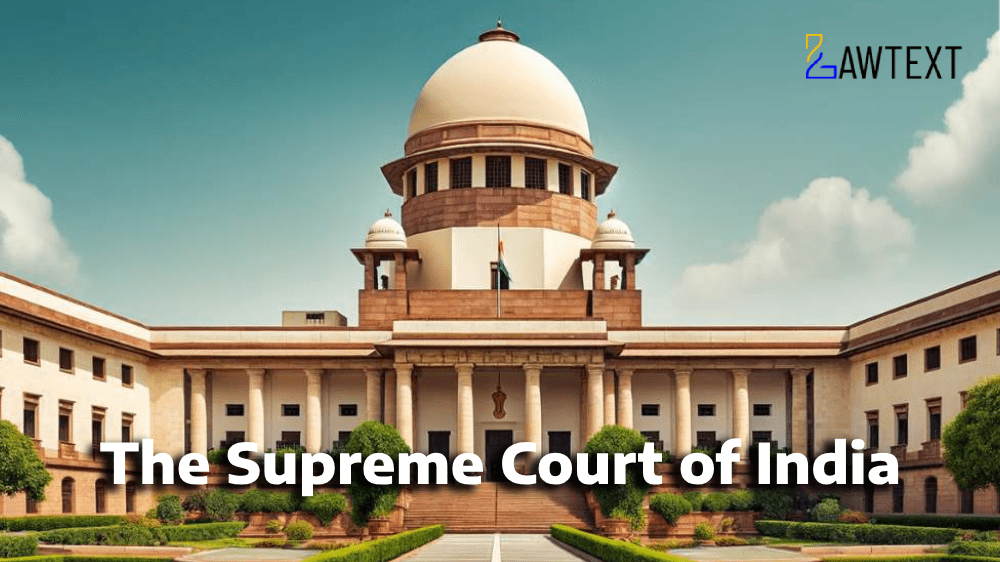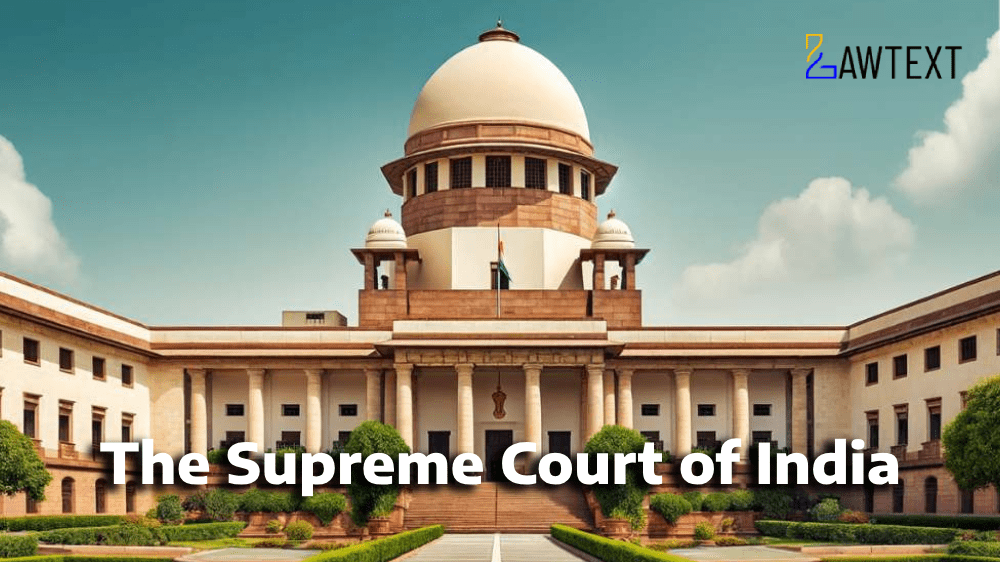Case Note & Summary
The evolution of judicial review in India regarding state actions in contractual and tender disputes. Historically, such disputes were seen as private matters outside the purview of judicial review. However, over time, the Supreme Court of India has recognized the necessity of judicial oversight to ensure state actions in contractual matters adhere to public law principles like fairness, reasonableness, and non-arbitrariness. The references landmark cases that illustrate this shift and emphasizes the conditions under which contractual disputes can be scrutinized under writ jurisdiction. The analysis concludes with a case study on the arbitrary cancellation of a tender, highlighting the judiciary's role in upholding constitutional mandates and contractual obligations.
Historical Position Premji Bhai Parmar & Ors. v. Delhi Development & Ors. (1980) Divisional Forest Officer v. Bishwanath Tea Co. Ltd. (1981) Bareilly Development Authority & Anr. v. Ajai Pal Singh & Ors. (1989) Radhakrishna Agarwal (supra) at para 11 Simplistic Approach of Courts M/s Indian Medicines Pharmaceuticals Corp Ltd. v. Kerala Ayurvedic Co-operative Society Ltd. (2023) Evolution of Judicial Review in Contractual Matters M.C. Mehta v. Union of India (1987) Concept of 'Public Law' Element: Scope of Judicial Review in Contractual Matters Judicial Oversight and Public Confidence Mahabir Auto Stores & Ors. v. Indian Oil Corporation (1990) Dwarkadas Marfatia & Sons v. Board of Trustees of the Port of Bombay (1989) Scope of Judicial Review LIC v. Consumer Education & Research Centre (1995) Shrilekha Vidyarthi (Kumari) v. State of U.P. (1991) Verigamto Naveen v. Govt. of A.P. & Ors. (2001) Judicial Review in Contractual Disputes Binny Ltd. & Anr. v. Sadasivan & Ors. (2005) ABL International Ltd. v. Export Credit Guarantee Corporation of India Ltd. (2004) Noble Resources Ltd. v. State of Orissa (2006) Key Points and Case Laws Ordinary Jurisdiction and Breach of Contract: The High Court's extraordinary jurisdiction would not entertain petitions for specific performance of contracts or for recovering damages. (Premji Bhai Parmar & Ors.) Clear Brightline Distinction: State actions within the realm of contracts are deemed to be within private law, precluding writ jurisdiction. (Bareilly Development Authority) Judicial Oversight and Evolving Law: Law must evolve to meet societal needs, addressing new problems with new principles. (M.C. Mehta) Public Law Element in Contracts: State or instrumentalities must adhere to fairness, reasonableness, and non-discrimination even in contractual matters. (Mahabir Auto Stores) Increased Judicial Review: State actions involving public duty or obligations can be subject to judicial review to prevent arbitrariness. (LIC v. Consumer Education & Research Centre, Shrilekha Vidyarthi) Threshold and Breach Distinction: Initial scrutiny is more expansive, while post-breach judicial review is discretionary. (Noble Resources Ltd.) ConclusionThe judiciary has expanded the scope of judicial review in contractual matters involving the State, ensuring actions are fair, reasonable, and in public interest, aligning with Article 14.
Judicial Oversight and Accountability Doctrine of Arbitrariness: State actions must not be arbitrary or capricious and must adhere to fairness, reasonableness, and non-arbitrariness. Courts' Duty to Intervene: Courts must intervene in state actions in contractual matters when there's a prima facie case of arbitrariness, discrimination, or unfairness. Judicial Review JustificationCancellation of the tender was arbitrary and influenced by extraneous factors, justifying judicial review under Article 226.
Examination of Respondent’s Actions Grounds for Cancellation: Cited "technical faults" and "ambiguities" were unsupported by internal file notings. Ministerial Intervention: Significant ministerial directives influenced the decision, questioning the independence and fairness. Lack of Due Process: Cancellation without legal advice suggests bypass of due process. Impact on the Appellant: Legitimate expectations were violated by arbitrary cancellation. Judicial Precedents and Principles Proportionality and Reasonableness: State actions must be proportional and reasonable, preventing undue hardship (Reliance Airport Developers Pvt. Ltd. v. Airports Authority of India). Accountability and Transparency: Actions must be transparent, accountable, and free from arbitrariness (Sterling Computers Ltd. v. M & N Publications Ltd.). Conclusion Judicial Review Justification: High Court's writ jurisdiction under Article 226 is justified. Evaluation of the Cancellation Decision: Cancellation was arbitrary and unfair, violating Article 14. Judgment: Appeal allowed, cancellation notice set aside, respondent directed to reinstate appellant's tender. Supreme Court Decision Analysis Cancellation Not in Public Interest: Financial benefits acknowledged internally contradict claims of financial losses. Invalid Reasons for Cancellation: Ambiguity and bidders' participation claims unsupported. Upholding Contractual Obligations: Legal precedents emphasize honoring public-private partnership contracts. Legitimate Expectations and Arbitrary Terminations: Arbitrary cancellations undermine trust and discourage private participation. Final Conclusion: Cancellation was arbitrary, influenced by ministerial directives. Order and Disposition: Appeal allowed, cancellation notice quashed, pending applications disposed of.
Issue of Consideration: SUBODH KUMAR SINGH RATHOUR VERSUS THE CHIEF EXECUTIVE OFFICER & ORS.
Premium Content
The Issue of Consideration is only available to subscribed members.
Subscribe Now to access critical case issues





